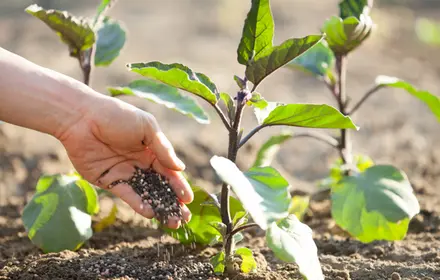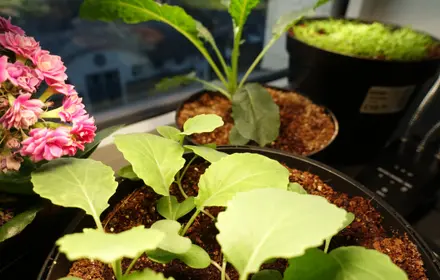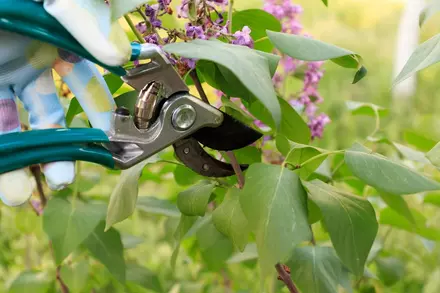Fertilise Summer Veggies

When summer arrives and the garden starts to burst with green growth and colourful blossoms, it’s tempting to sit back and enjoy the show. But don’t get too comfortable—your summer vegetables are working hard, and they need regular nourishment to produce a bountiful harvest.
Tomatoes, peppers, and squash are all heavy feeders, meaning they draw a lot of nutrients from the soil. Without a steady supply of food, these plants can stall in growth, produce fewer fruits, or become more vulnerable to pests and disease. The solution? Regular feeding with a quality organic fertiliser.
Let’s dig into the why, when, and how of fertilising your summer vegetable stars.
Why Tomatoes, Peppers, and Squash Need Extra Feeding
Heavy feeders like tomatoes, peppers, and squash need more than just sunshine and water to thrive. These plants are fruiting vegetables, which means they invest significant energy into producing blossoms, setting fruit, and ripening it. That process requires a steady stream of nutrients—especially nitrogen, phosphorus, and potassium.
If these nutrients are lacking, your plants may show symptoms such as:
- Pale or yellowing leaves
- Slow or stunted growth
- Blossom drop or poor fruit set
- Misshapen or undersized vegetables
Regular fertilising helps avoid these issues by replenishing the nutrients your plants are constantly using up.

Choose the Right Organic Fertiliser
When feeding summer vegetables, it’s important to choose a fertiliser that provides balanced nutrition in a form your plants can absorb easily. Organic options are a great choice for home gardens because they improve soil health while feeding your crops.
Look for fertilisers labelled specifically for vegetables or tomatoes, often with an N-P-K ratio like 5-7-3 or 4-6-4, indicating a healthy balance of nitrogen (for leafy growth), phosphorus (for flowers and fruit), and potassium (for overall plant health).
Popular organic fertiliser options include:
- Composted manure: Slow-release and excellent for long-term feeding.
- Fish emulsion: A fast-acting liquid feed that’s perfect for a mid-season boost.
- Seaweed extract: Rich in micronutrients and helpful for plant stress.
- Bone meal and blood meal: Targeted nutrition for flowering and fruiting.
How and When to Apply Fertiliser
Timing and consistency are key. Here’s how to keep your plants well-fed all season long:
- Start with enriched soil: Mix compost or a slow-release organic fertiliser into your soil at planting time.
- Feed every 3–4 weeks: Apply a liquid or granular organic fertiliser around the base of the plants during the growing season.
- Water thoroughly: After fertilising, water deeply to help nutrients reach the root zone.
- Adjust based on growth stage: Early in the season, focus on nitrogen-rich feeds. Once flowering begins, shift to a fertiliser with more phosphorus and potassium to support fruit development.
Signs It’s Time to Fertilise Again
Even if you’re feeding regularly, your plants will let you know if they need a little extra love. Keep an eye out for:
- Sluggish growth despite warm weather
- Fewer or smaller fruits than expected
- Faded green leaves or purpling on the underside (a sign of phosphorus deficiency)
When in doubt, a light feeding with an organic liquid fertiliser is a safe and effective way to give your plants a boost.

Healthy Plants = Tasty Harvests
The effort you put into feeding your summer veggies will pay off in flavour, yield, and overall plant health. Well-nourished tomatoes will ripen into juicy, flavour-packed fruits. Peppers will grow crisp and sweet (or hot, if that’s your style). Squash vines will sprawl enthusiastically, offering up tender courgettes or golden pattypans.
Regular organic fertilising is one of the best things you can do to ensure your garden thrives from June through to harvest season. So grab your watering can, mix in that nutrient-rich feed, and show your summer crops some love—they’ll thank you with every bite.
Happy feeding and even happier harvesting!



